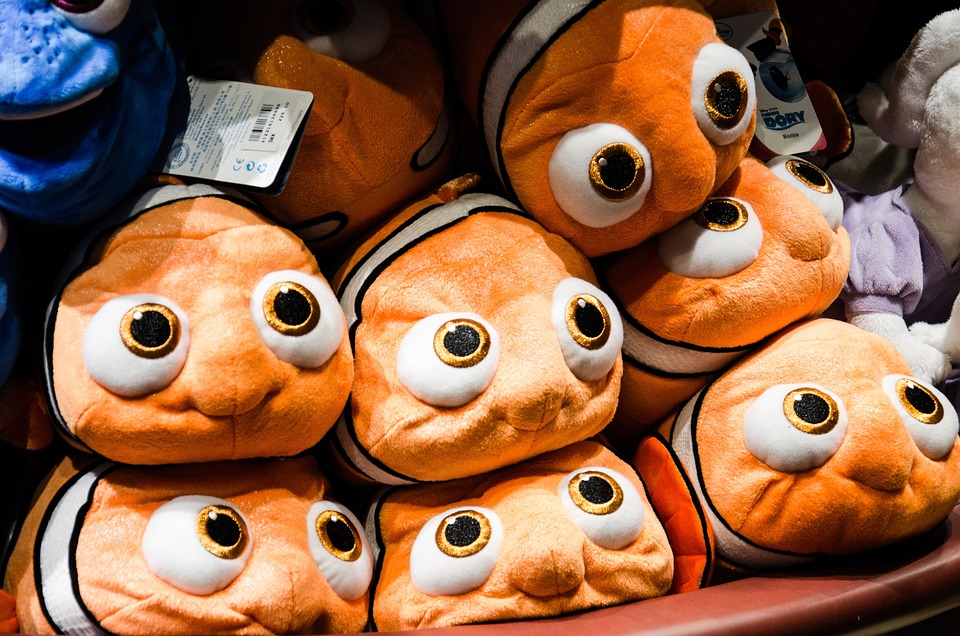Having a healthy and disease-free fish tank is every aquarium enthusiast’s dream. Unfortunately, fish diseases are a common occurrence that can cause distress and even lead to the death of your beloved aquatic pets. However, by choosing disease-resistant fish species and following proper care practices, you can greatly reduce the risk of diseases in your aquarium. In this article, we will provide you with an essential guide to disease-resistant fish, covering everything from selecting the right species to maintaining optimal tank conditions. So, let’s dive in!
Why Choose Disease-Resistant Fish?
Selecting disease-resistant fish for your aquarium is crucial for several reasons. Firstly, it ensures the well-being and longevity of your fish. Disease-free fish are more likely to thrive in your tank, exhibit natural behaviors, and bring joy to your aquascape. Additionally, disease-resistant fish can help prevent the spread of infections to other tank inhabitants, limiting the need for aggressive treatments that might harm the ecosystem balance.
Popular Disease-Resistant Fish Species
When it comes to disease resistance, not all fish are created equal. Some species possess stronger immune systems or are more resilient to common diseases. Here are a few popular disease-resistant fish species that are well-suited for aquariums:
1. Guppies (Poecilia reticulata): Guppies are hardy fish and known for their resistance to many common diseases. They come in various colors and patterns, making them a colorful addition to your tank.
2. Platies (Xiphophorus spp.): Platies are another popular choice for disease-resistant fish. These peaceful and active fish are available in a wide range of colors and are relatively easy to care for.
3. Molly Fish (Poecilia spp.): Molly fish are adaptable and resistant to many diseases. They can tolerate a wide range of water conditions and are known for their ability to control certain types of algae growth.
4. Swordtails (Xiphophorus hellerii): Swordtails are not only disease-resistant but also beautiful with their elongated tails resembling a sword. They are relatively easy to care for and make a great addition to community tanks.
Factors Affecting Disease Resistance
Apart from selecting disease-resistant fish species, several factors can influence the overall disease resistance of your aquarium. Understanding and addressing these factors will help you create a healthy environment for your fish. Here are some key factors to consider:
1. Water Quality: Maintaining optimal water quality is vital for disease prevention. Regularly test the water parameters such as temperature, pH, ammonia, nitrite, and nitrate levels. Keep the water clean by performing regular water changes and using an efficient filtration system.
2. Aquarium Size and Stocking Density: Overcrowding your aquarium can stress fish, weaken their immune systems, and increase the risk of diseases. Make sure to provide enough swimming space and avoid overcrowding to maintain a healthy environment.
3. Quarantine New Fish: Before introducing new fish into your main aquarium, it is essential to quarantine them for a few weeks. This separate tank allows you to observe the newcomers for any signs of disease or parasites, preventing potential outbreaks in your main tank.
4. Proper Nutrition: Providing a balanced and nutritious diet is crucial for boosting the immune system of your fish. Research the dietary requirements of your chosen fish species and offer a variety of high-quality foods to ensure their overall health and disease resistance.
Frequently Asked Questions (FAQs)
1. Can all fish species be disease-resistant?
No, not all fish species are naturally disease-resistant. Some species are more susceptible to diseases or require special care to maintain their health.
2. Should I treat my aquarium with medications even if my fish appear healthy?
It is not recommended to treat your aquarium with medications unless you have identified a specific disease or parasite. Using medications unnecessarily can harm the beneficial bacteria and disrupt the tank’s biological balance.
3. Are disease-resistant fish completely immune to diseases?
While disease-resistant fish have stronger immune systems, they are not completely immune to diseases. Providing optimal care and maintaining a healthy environment are still essential to minimize the risk of diseases.
4. Can I mix disease-resistant fish with other fish species?
Yes, disease-resistant fish can coexist with other fish species, as long as their care requirements and compatibility are taken into consideration. Research the specific needs and temperaments of the fish species you plan to mix before adding them to your aquarium.
Remember, prevention is always better than cure when it comes to fish health. By choosing disease-resistant fish species, maintaining optimal tank conditions, and following proper care practices, you can create a thriving and disease-free aquarium that will bring you joy and fulfillment for years to come. Happy fishkeeping!









